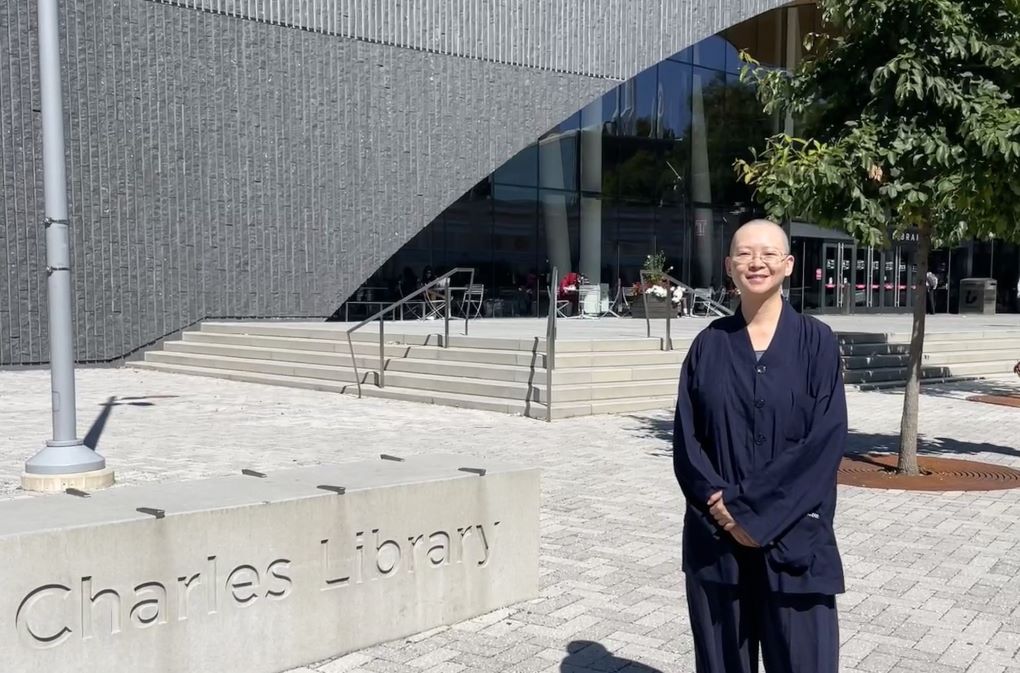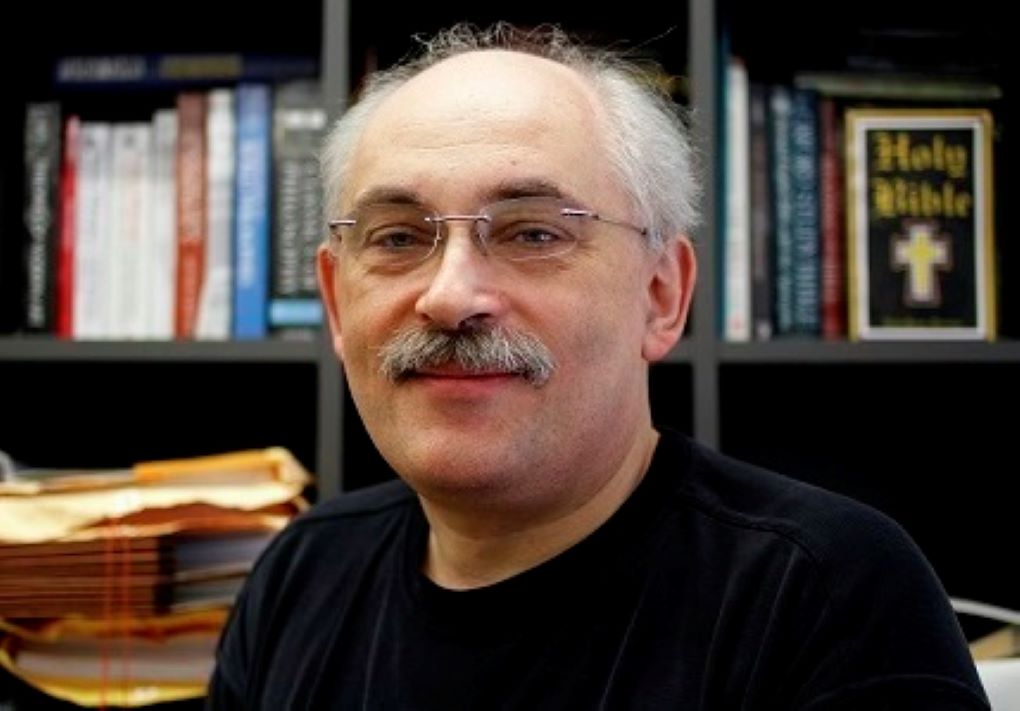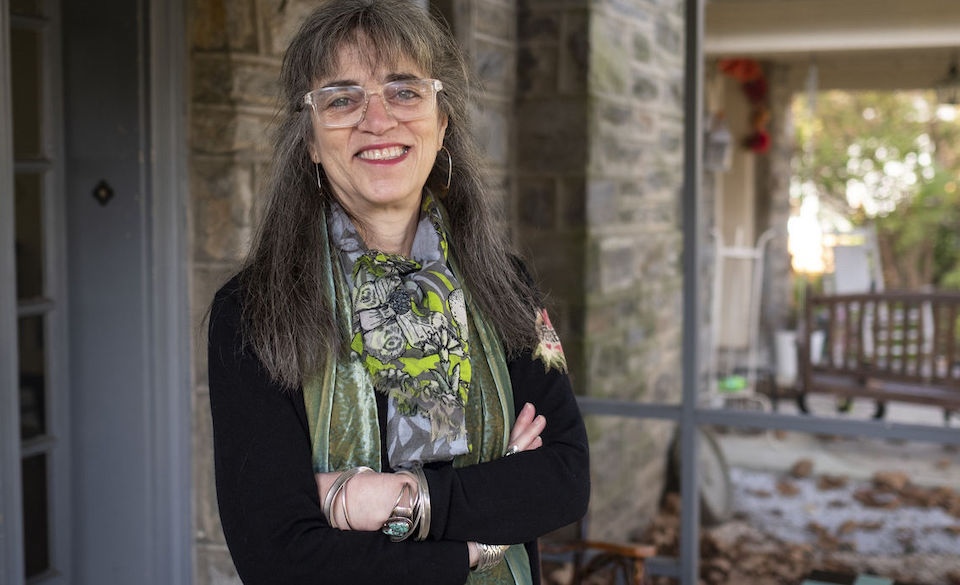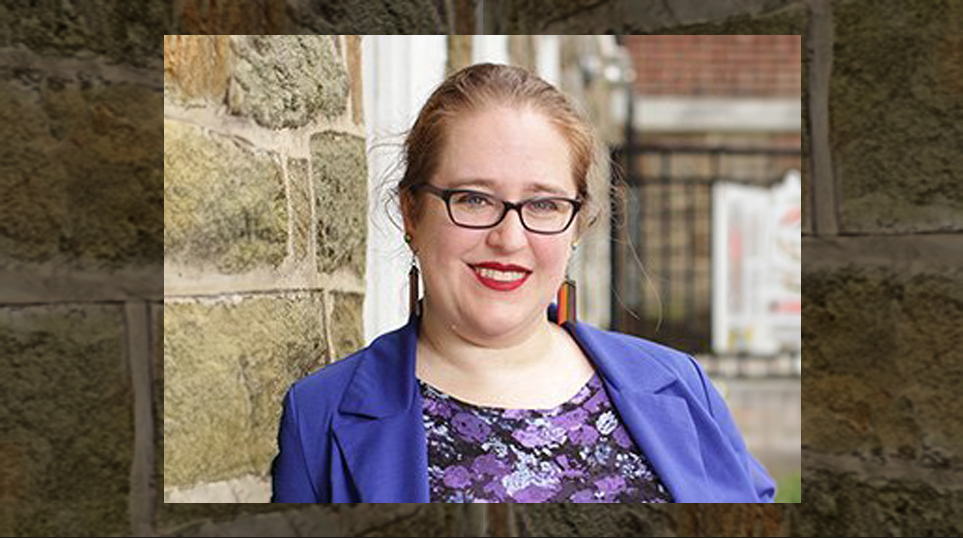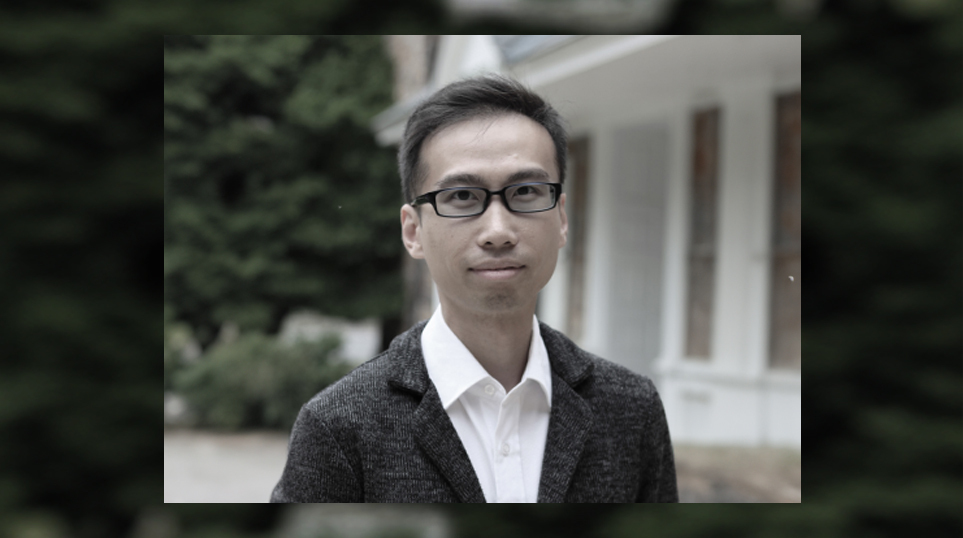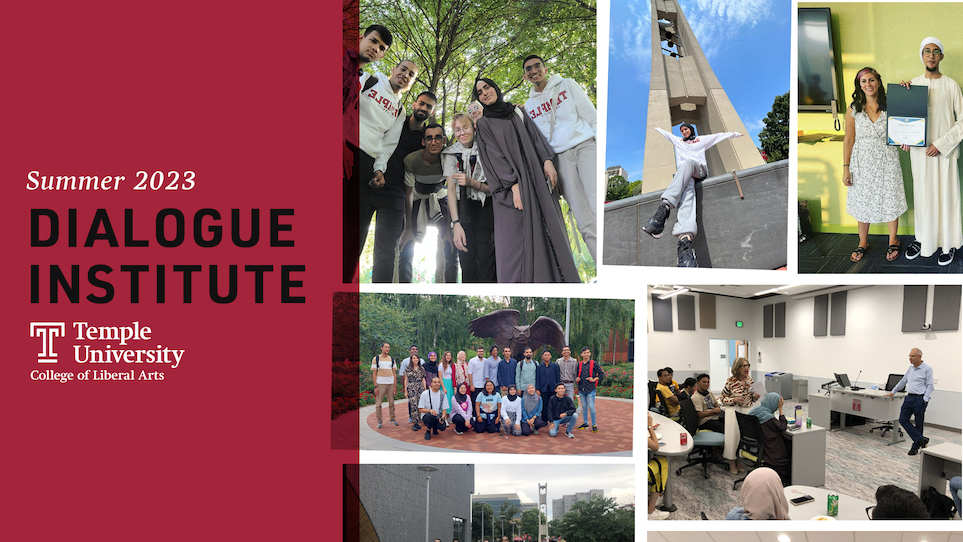Why Study Religion?
Founded in 1961, Temple University’s Department of Religion was one of the earliest religion departments established at a public or state-related university. Although emerging out of an erstwhile school of theology in a private Baptist college, the department has seen itself as distinct from seminaries and religion departments in religiously based institutions since its inception.
The Religion Department’s mission is fueled by the wisdom of the great scholar of comparative religion Max Mueller, “that if you know only one religion, you really don’t know any.” We encourage you to follow our alumni, faculty and students as they reach beyond the classroom and engage in research and service, all while showing how religion interfaces with race, ethnicity, gender, sexuality and class.
A Broad and Diverse Learning Community
The diversity of our undergraduate and graduate students mirrors that of the broader Temple University community in terms of race, ethnicity, religious affiliation or non-affiliation, gender, sexuality and national origin. Most graduate students come to our religion master’s degree and PhD programs with the primary goal of developing their expertise in a single religious tradition through critical analysis. Many also have a secondary goal of deepening their understanding of that tradition by studying others and by mastering leading theories and methodologies in the field.
The program is designed with these goals in mind, thereby ensuring that our graduates are capable of teaching outside of their primary areas of expertise. This is partly responsible for our graduates’ excellent track record in gaining faculty appointments in an impressive range of colleges, seminaries and universities. It also reflects one of the department’s great strengths: providing graduate and undergraduate students with a broad background in numerous religious traditions and a heightened awareness of the way religion functions in American and increasingly interconnected global societies.




